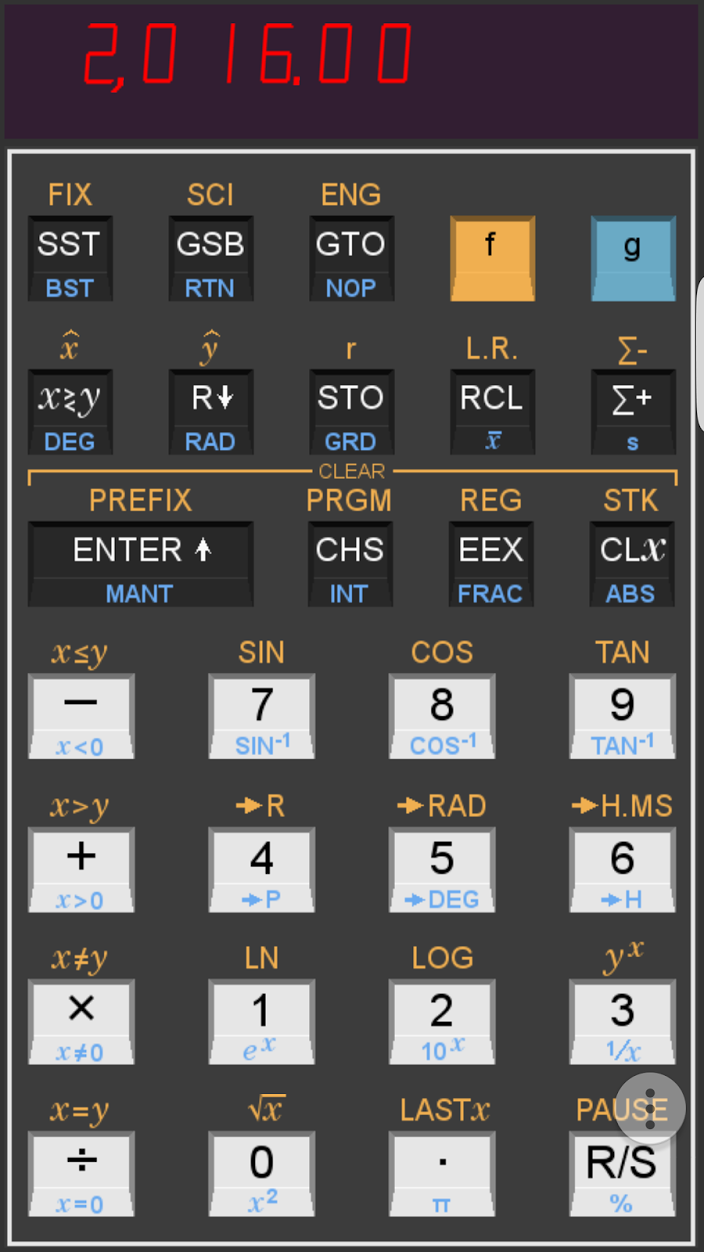We often say, and mostly rightly, that work should come before play. That’s true for school, too: study and homework typically comes before play. Sometimes, however, play is a kind of study, and has educational value.
Microsoft’s Minecraft (Education Edition) is a video game that’s more than a game:
A hundred schools will start testing Minecraft Education Edition in May, but more can get it in June when a free early-access program begins, Microsoft and its Mojang game studio said Thursday….
“During the summer months, we are also going to be focused on working with educators on building out lesson plans, sharing learning activity ideas and creating reusable projects,” Microsoft said.
Minecraft players turn trees, animals and minerals resources into tools, weapons and shelter to survive nightly monster onslaughts. It’s a major hit, with more than 70 million copies sold. It’s not just about survival, though. A creative mode lets players build fanciful structures, automate pig farming and even reproduce the complicated internal workings of computer logic circuitry.
This open-endedness has made Minecraft adaptable to everything from computer programming to art history. Especially because kids take the initiative to learn with Minecraft on their own, it’s no wonder schools like it and parents don’t freak out so much when kids get obsessed….
See, School’s out for summer? Not for Minecraft Education Edition @ CNET and Minecraft: Education Edition.
Electronic doesn’t always mean better, but rather sometimes it is advantageous. Most people see this, but not everyone. I am often surprised to meet well-schooled people who are sure that there is one way to approach something, a small number of ways to categorize something, and that approaches and categories are so fixed that they might as well be immutable natural laws.
There is no field of advanced study in America (or elsewhere) that does not have within it competing schools of thought, each advanced by equally talented academics. In fact, we would be surprised to find otherwise: one graduate department might align one way or another, but we’d expect that there would be an acknowledgement and engagement with competing theories elsewhere.
And yet, and yet, regarding teaching young children, one sometimes encounters those who see only one view, one method, one possibility. (I’m speaking generally, not of one person or place.) I’d say, in my experience, most teachers are open to creative options, but when one encounters someone who’s not, it’s quickly apparent, and always disappointing.
Minecraft, other games, electronic presentations, etc. are not the solution to all our educational challenges. They’re not even close. They are, however, partial solutions, and worthy reminders that what we once did isn’t an unalterable impediment against what we may yet do.

